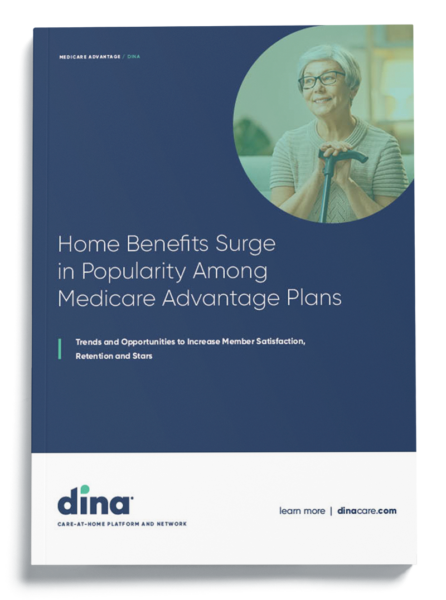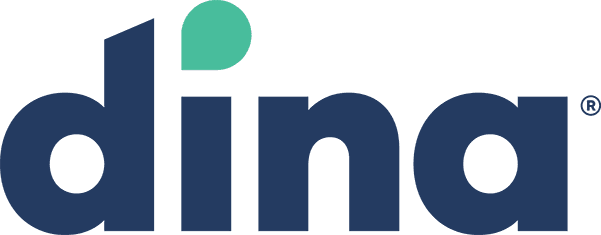
Supplemental benefits continue to grow across more plans. Now CMS wants to know who is using them and what impact they have.
Nearly all Medicare Advantage (MA) plans offer at least one supplemental benefit; the most frequently offered are vision, hearing, fitness, and dental. New supplemental benefits designed to address social determinants of health, such as in-home services or food and nutrition, continue to gain in popularity.
Now we’ve reached the next stage of this home-based benefits journey: access and transparency.
New proposed regulations from CMS are designed to push health plans to improve member awareness, access, and activation of these crucial in-home services to create the outcomes we know are possible.
When payers make available a suite of medical and non-medical benefits and promote the healthy utilization of them, we know this will reduce costs and improve quality.
The agency wants to ensure the large federal investment of taxpayer dollars in these benefits is making its way to the people who need it and having the expected impact. It includes, among other items, minimum outreach efforts to make members aware of the supplemental benefits available to them, including a “Mid-Year Enrollee Notification of Unused Supplemental Benefits” to be issued annually.
When payers make available a suite of both medical and non-medical benefits and promote the healthy utilization of them, we know this will reduce costs and improve quality.
Are SSBCI Improving Care?
Proposed standards for Special Supplemental Benefits for the Chronically Ill (SSBCI) require MA plans to demonstrate that SSBCI services have a reasonable expectation of improving the health of chronically ill enrollees and are supported by research.

Proposed regulations also seek to reduce misleading marketing that makes it appear that the benefits are available to everyone.
The changes aim to increase beneficiary protections, promote healthy competition, improve access to care, and promote equity in coverage and care.
ACCESS Rule Impacts Medicaid HCBS Waivers
In other legislation, proposed requirements in the Ensuring Access to Medicaid Services rule are focused on addressing fundamental issues with home care and caregiving in general, including transparency in capacity and access rates.
A component of this proposed rule focuses on improving access to, and the quality of HCBS. There is a big emphasis on the timeliness of home and community-based service delivery, in addition to pay transparency and compliance with rules that ensure a majority of the funds are spent on direct care.
Simultaneously, a big challenge is the widespread workforce shortage. Building caregiving capacity, and optimizing logistics like who has availability so that members can access benefits in a timely manner, is a growing issue that isn’t going away any time soon.
If adopted, the rules would establish access standards through Medicaid or CHIP-managed care plans, as well as transparency for Medicaid payment rates to providers, including hourly rates and compensation for certain home care and other direct care workers.

MA Plans are Booming:
How Will You Stay Competitive?
Download our report “Home Benefits Surge in Popularity Among Medicare Advantage Plans” to learn more about leveraging supplemental benefits to increase member satisfaction, retention and STARs.





